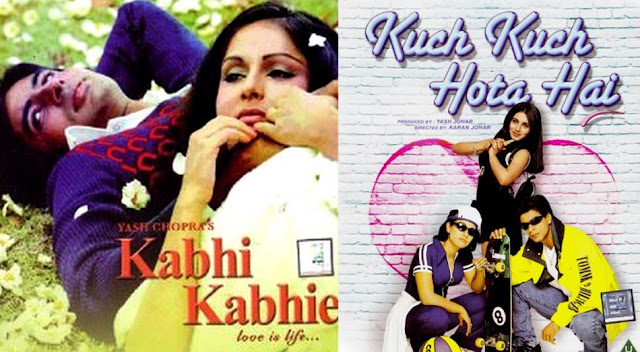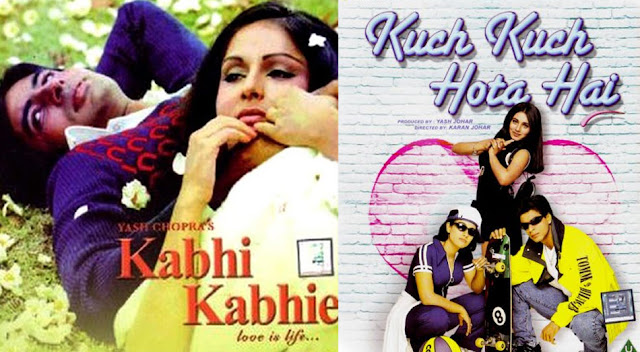The Morphing Indian Love Story

The Morphing Indian Love Story If Love is blind, it must necessarily have life. And if love has life, the English dictionary must classify it as a common noun. All living things – man, woman, plant, animal are common nouns.| The English dictionary, however, classifies ‘love’ as an abstract noun. Love, truly was an abstract concept in India around its independence (1940s and 1950s). While It was present in folklore and mythology ( Heer Ranjha , Laila Majnu , Dhola Maru , Nala Damayanti et al), it was hardly seen in the real world. For the larger Indian society, romantic relationship existed only post-marriage. Gradually India, as a society, evolved. Love story started entering the aspirations of Indian youth. Love story was gossiped but rarely did culminate in a permanent bond. And these middle class aspirations gave birth to era of romantic films in 60s and 70s ( Love in Simla , Love in Tokyo , Mere Mehboob , Kashmir Ki Kali , Kabhi Kabhie etc ….). The

